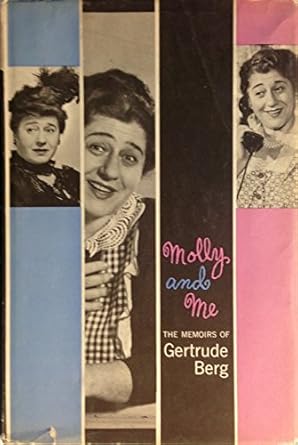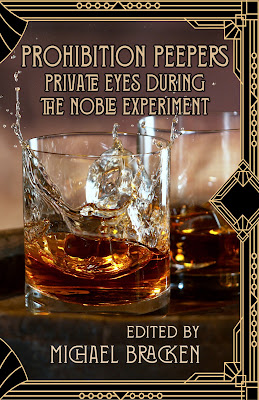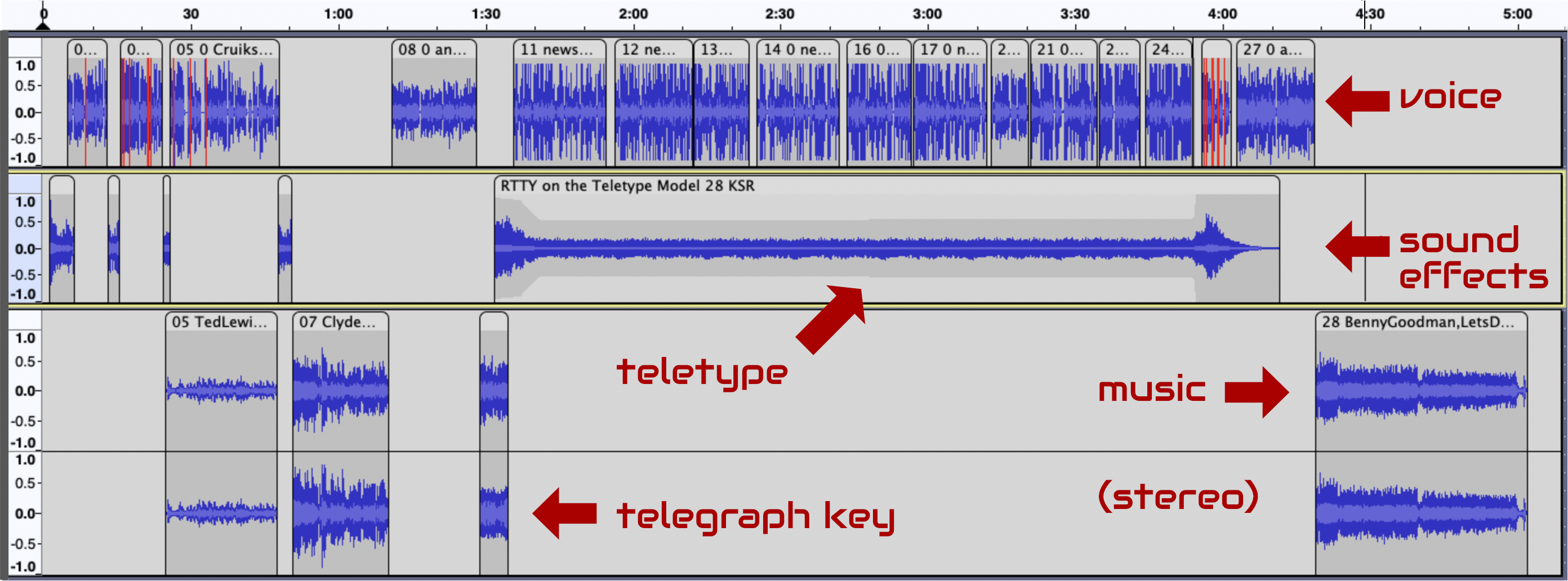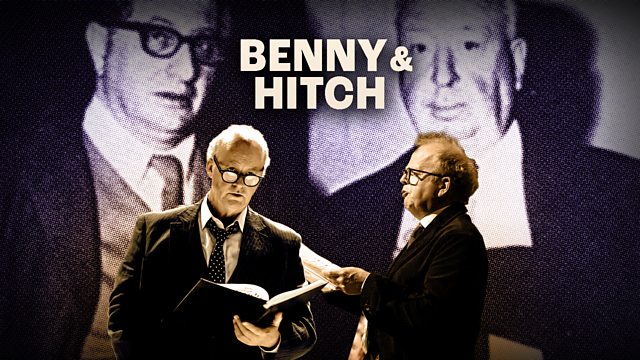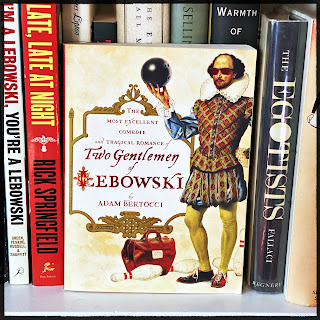 This piece has nothing to do with crime, but it certainly is related to writing. Or one specific writer.
This piece has nothing to do with crime, but it certainly is related to writing. Or one specific writer.
Back in March came Purim and so my wife was fine-tuning her recipe for hamentaschen, the cookies that are traditional for the holiday. One of the texts she consulted was the Molly Goldberg Jewish Cookbook. I knew a little about what led to the creation of that book but I wound up doing a deep dive, and here is what I brought to the surface.
Tillie Edelstein was born in New York City in 1899. Her father, a mediocre businessman, ran a hotel in the Catskills and part of Tillie's job was writing skits for the guests to perform. She was required to create speaking parts for every child in attendance so one of her plays was "Snow White and the Twenty-Eight Dwarfs."
Tillie married Lewis Berg, an engineer, and when the factory in New Orleans where he worked burned down they returned to the city and Tillie started looking for a job. Or rather, she decided to create one.
In 1928 Gertrude Berg, as she now called herself, managed to wangle an interview with the local CBS radio station and presented a script she had created about two sales clerks at a department store - a show about working women? Pretty radical. Effie and Laura was cancelled after the first episode because one of the clerks decreed "Marriages are not made in heaven."
A year later she sold another idea to the NBC station. The Rise of the Goldbergs was about a Jewish family in New York. Molly and Jake were immigrants with thick accents. Their children were typical first-generation Americans.
Berg wrote the scripts, produced the show, and was reluctantly corralled to star as Molly. She had one week to write the scripts for four 15-minute episodes. She wrote them - and many of the thousands more that followed - in the Main Reading Room at the New York Public Library, because her own apartment was too noisy. The series premiered in November, 1929, just after the stock market crash.
This was long before sophisticated methods of checking who was listening to what so no one knew at first whether the show was a hit or flop. But three weeks into the scheduled four-week run Berg got a sore throat and the show had to be dropped. The station received over 100,000 letters of complaint - and remember, this show was running on one station, not yet a network. NBC promptly bought The Goldbergs, as it was renamed, for the whole season.
The show ran, on radio, live stage, and then television (starting in 1948) for more than two decades. Fortunately for Berg she had kept ownership rights to the characters. In the beginning The Goldbergs was sometimes funny, sometimes melodramatic. (If a female character was to be written out she got married. A male character got sick. When an script called for an actor to cough he would ask Berg "How long have I got?") By the time it reached TV it was definitely a sit-com.
The show was always recorded live, leading to some bizarre adventures. During one TV episode two of the three cameras failed so the actors, on the fly, had to revise the story to take place in only one room. Talk about improv skills. When one of Berg's TV scripts called for a baby elephant and the critter refused to get in an elevator, they had to rebuild the apartment set on the ground floor.
Berg was loved by her audience but some people described her as ruthless. For example, Himan Brown helped her get in the door at NBC but she canned him after a year in favor of a more experienced actor. Brown, who became a legendary producer of radio drama, never forgave her. She was also the defendant in the first ever intellectual property case involving radio - which she won.
Glenn D. Smith, in his biography of Berg asks the reasonable question: was she more ruthless than other producer/stars like Bob Hope or Groucho Marx -- or was she just the only one in a dress?
In 1950 Philip Loeb, who played her husband on TV, was accused of being a Communist and blacklisted. Berg did her best to defend him but The Goldbergs was cancelled. Four years later Loeb committed suicide.
Berg's career continued in a diminished state. She appeared in summer stock and on Broadway but, not surprisingly, was only invited to play Jewish women, usually mothers. She died in 1966.
Oh, remember that cookbook? That's how I got into this mess. Because Molly was a great cook a lot of fans had requested her recipes. The book was published in 1955 and Gertrude Berg was listed as co-author with Myra Waldo. Waldo did the recipes because Berg was no cook.
And finally there is a sort of mystery in her autobiography which I invite you to solve. Around 1940 the Berg family moved to Bedford, Connecticut. She wrote about a mystery writer who used to visit them there:
According to the writer, nothing in the whole world was right and life seemed to be a losing battle, from childhood on it was a downhill fight that we were all in except himself. He was above the crowd, a lonely observer, born too soon or too late or something.
The writer was a short man, a little too stout, and every time he "drove by" the house it was in a different car with a different woman. The cars he borrowed from friends, who, it seemed couldn't say not to him. The women he borrowed also. They, too, couldn't say no, but they were all of a pattern. They were disappointed modern-dancer types who wanted to study with Martha Graham but never quite made the grade.
We are also told that this author didn't like Shakespeare. "For Othello he gives Shakespeare A for effort."
Eventually a "husband who didn't agree with the writer's views on sharing the wealth (car and wife) manhandled him one night and the writer left New York for the coast."
So there is my final question for you: Who was this mysterious mystery writer? Gertrude Berg, who told so many thousands of stories, does not reveal the end of that one.
Oh, and finally....

